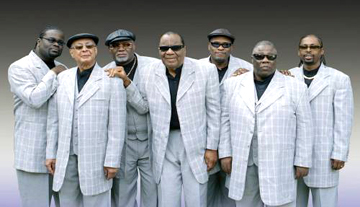The Blind Boys of Alabama, a five-time-Grammy-award-winning gospel group, has performed for three administrations at the White House and for enthusiastic audiences all over the world.
I recently heard an NPR interview with Ricky McKinnie, a singer and drummer for the group, who discussed his lack of sight. “I can’t see,” he said, “but I’m not blind.”
McKinnie makes it crystal clear that he’s not blind to the feelings and reactions of audiences. He’s not blind to the roles and actions of people. He’s not blind to life.
That’s a powerful message, because we can have 20/20 vision and still be blind to the world around us.
For example, how many times in the last week have you been blind to your surroundings in a restaurant or shop? Blind to what’s happening on streets as you head home? Blind to goings-on in your workplace or in the marketplace of your customers?
I’m guilty of sometimes being blind in those and other situations. Maybe you are too. And that’s a problem. Because if we don’t really look closely, we can miss out on those fine details that give us insights for fresh ideas and creative solutions.
“The only worse thing than being blind,” said Helen Keller, ” is having sight and no vision.”
 zingzone
zingzone